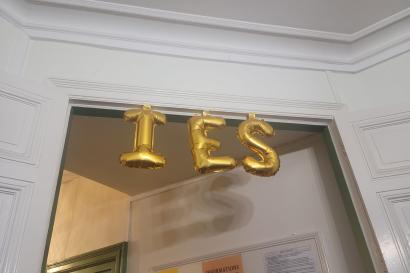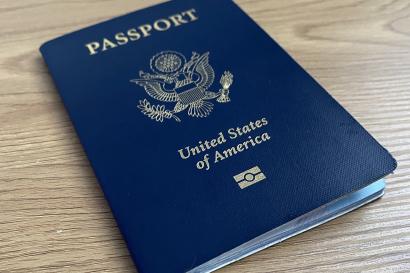When considering studying abroad, finances are almost always a part of the conversation. In this blog post I will be going over some advice for the studying abroad planning process, costs to account for, and my personal experience budgeting in Nantes!
My Top 3 financial pieces of advice before going abroad!
From talking with friends in my study abroad program, some ways to budget if you don’t know where to start is creating estimates of how much certain things will cost and creating categories with a financial limit for example setting $200 aside for gifts for friends and family back home and as you study abroad noting those purchases and being mindful of your limit. I have also found it helpful to also have a weekly budget because if I set aside 1k for lunches during my time here the number would feel to big and I might spend more my first weeks instead of pacing my funds so by setting a weekly budget, I know I will have enough money to sustain myself for the following weeks. I also have some wiggle room and flexibility in my budget in case some things end up costing more than I anticipated.
Financing study abroad is different for everyone in terms of amount, flexibility, and importance of different experiences.
Some factors to account for when creating a budget to study abroad:
My study abroad experience is being funded by government, university, and IES Abroad aid covering my program tuition, university fees, and leaving me with funds to cover other expenses which I have had to be mindful of when budgeting. When creating my budget to study abroad I started off by comparing what I would have to pay for out of pocket versus what was included in my tuition. My study abroad program cost includes the perks of homestay where I stay with a host family, am given breakfast everyday, dinner 5 days a week, a load of laundry every week, amongst cultural immersion. Thus, when looking at overall costs I knew I would have to set aside money for my lunches, dinners out, my fall break, SIM card, and transportation. Before I received my scholarship money, my first few weeks abroad I was using money I had saved from my summer job and had loaned money from my mom to pay for my flight to France so I knew I would have to pay her back. I also set aside money for emergencies or to be used towards my tuition when I returned to my home university.
Having a set limit of funds abroad can be difficult sometimes and I have felt sometimes like I am missing out because I might not always be able to eat out or buy items shopping. But I am overall content with my experiences abroad and choosing to treat myself to small pastries over a new pair of pants makes the most sense to me and brings me joy while still experiencing French culture. I have also taken advantage of different money saving opportunities in Nantes like going to museums the first Sunday of every month because they are free, going to the Nantes University cafeteria to pay less than 4 euro for lunch, and buying groceries to make my own lunches when I can. Study abroad is what you make of it, it is harder when you have less funds to operate with, but with research and prioritizing your needs and adjusting for wants you can make the most of your experience abroad!

Alexandra Zabalza
Hi! I'm Alex and I am studying Sociology, French, and Women's & Gender Studies! I will be studying in the Nantes Immersion Program to improve my French and gain a new perspective while abroad. In my spare time, I love crafts and watching new shows :)







